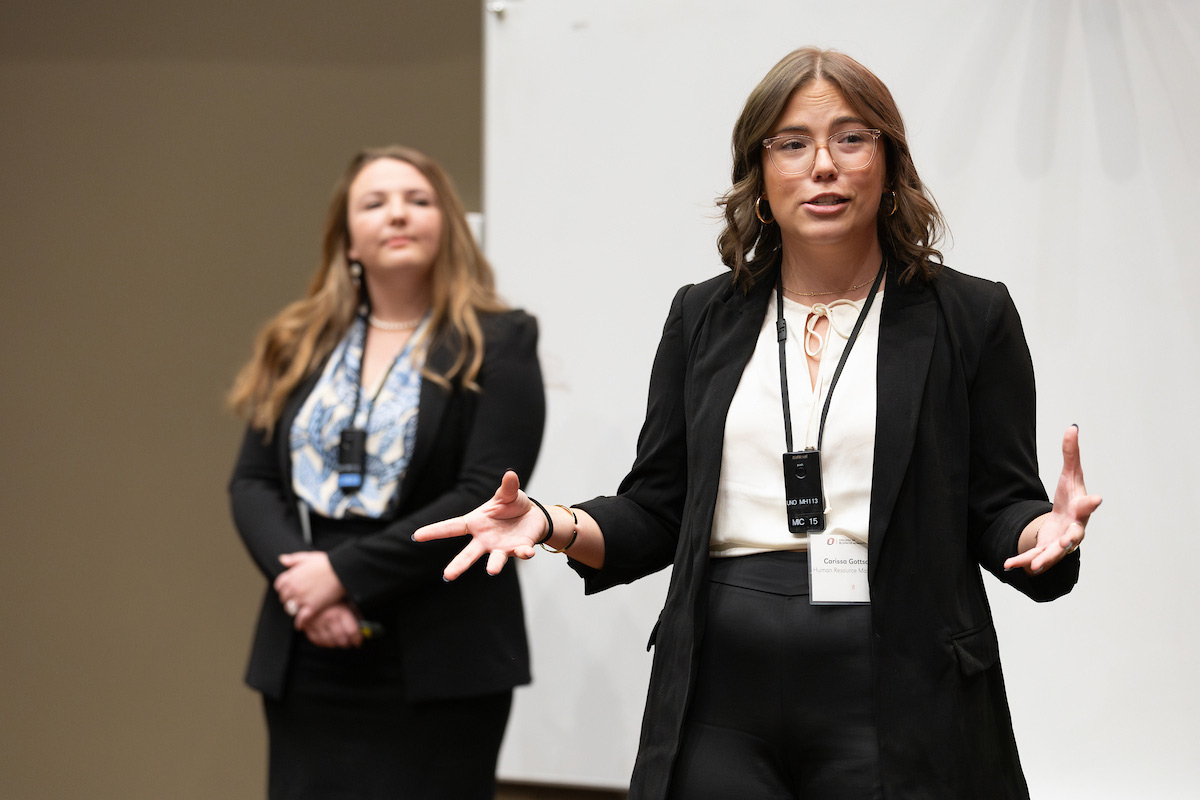World
‘Fundamental act of justice’: World leaders react to fall of Bashar Al-Assad’s regime in Syria – Times of India

Bashar al-Assad’s regime in Syria collapsed after a swift 12-day offensive by rebel forces led by Hayat Tahrir al-Sham, who advanced from Aleppo and captured city after city as the Syrian army offered little resistance.
Crowds stormed the presidential palace, looting Bashar al-Assad’s belongings, as the Syrian dictator fled by plane to Moscow, Russia, seeking asylum. His statue was also torn down.
This unexpected fall of Damascus has drawn strong reactions from world leaders, each weighing in on this crucial moment in Syria’s history.
India: ‘Avoid all travel to Syria’
India’s ministry of external affairs (MEA) issued a travel advisory, asking citizens to refrain from travelling to Syria and to stay in contact with the Indian embassy in Damascus for safety updates.
“In view of the situation prevailing in Syria, Indian nationals are advised to avoid all travel to Syria, until further notification,” the MEA said.
United States: ‘A fundamental act of justice’
President Joe Biden called Assad’s downfall “a moment of historic opportunity for the long-suffering people of Syria.” He also noted the geopolitical implications, saying, “Neither Russia nor Iran or Hezbollah could defend this abhorrent regime in Syria.” Biden described the event as a “fundamental act of justice.”
Israel: ‘Collapse of the Assad regime offers great opportunity’
Prime Minister Benjamin Netanyahu characterised Assad’s downfall as a milestone for the region. “The collapse of the Assad regime offers great opportunity but is also fraught with significant dangers,” he said.
Offering peace to Syria’s various groups, Netanyahu said, “We send a hand of peace to all those beyond our border in Syria.”
Iran: ‘Supports Syria’s unity and national sovereignty’
Tehran emphasised that Syrians should determine their own destiny, rejecting foreign intervention. “Iran supports Syria’s unity and national sovereignty,” the foreign ministry said, while expressing hope for “an end to military conflicts and the start of a national dialogue.”
Iraq: ‘Respect for Syria’s free will’
The Iraqi government, closely aligned with Iran, called for respect for Syrians’ choices and territorial integrity. “Iraq reaffirms the necessity of respecting the free will of all Syrians and emphasises that the security, territorial integrity and independence of Syria are of paramount importance,” government spokesman Basim Alawadi said.
The Iraqi government said it “supports all international and regional efforts seeking to open a dialogue” for Syria.
Yemen: ‘A historic moment’
Yemen’s recognised government hailed Assad’s fall as “a historic moment.” Yemen’s leaders, facing their own conflict, expressed support for the Syrian people and related to their struggles.
Poland: ‘Proof Russia and its allies can be defeated’
Prime Minister Donald Tusk viewed Assad’s downfall as symbolic of broader resistance to Russian-backed regimes. “The events in Syria have made the world realise once again, or at least they should, that even the most cruel regime may fall and that Russia and its allies can be defeated,” he posted on X.
Netherlands: ‘Relief to all who suffered under dictatorship’
Dutch Prime Minister Dick Schoof welcomed the end of Assad’s dictatorship, calling it “a relief to all those who suffered under his cruel dictatorship.” Schoof stressed the need for a peaceful transition and respect for minorities.
Russia: ‘We are in contact with Syrian opposition’
Moscow claimed it was not involved in the decision but acknowledged Assad’s peaceful transfer of power. “We are in contact with all factions of the Syrian opposition,” the Russian Foreign Ministry said, urging restraint during this period of upheaval.
The Russian foreign ministry said it was “closely following the dramatic events in Syria” and urged everyone “to refrain from using violence and resolve all issues through political means.”
China: ‘We hope Syria returns to stability’
The Chinese government expressed hope for peace, adding that it had facilitated the safe evacuation of its citizens from Syria. Beijing reiterated its commitment to stability in the region.
China’s foreign ministry said it hopes Syria “returns to stability as soon as possible”.
UAE: ‘A footnote in history’
Emirati presidential adviser Anwar Gargash urged Syrians to collaborate for unity. “We hope that the Syrians will work together,” he said, adding that Assad’s departure is “a footnote in history” compared to the larger events unfolding.
Ukraine: ‘Putin always betrays those who rely on him’
Ukraine viewed Assad’s fall as a blow to Putin’s influence. “Assad had fallen. This is how it has always been and will always be for dictators who bet on (Russian leader Vladimir) Putin. He always betrays those who rely on him,” said Ukrainian foreign minister Andriy Sybiga, reaffirming Kyiv’s solidarity with Syrians.
Afghan Taliban: ‘Paving path for the establishment Islamic government’
Afghanistan’s Taliban government congratulated Syria’s rebels and expressed hope for an “independent and service-oriented Islamic government,” free from foreign interference.
“We express hope that the process of power transition be carried out in a manner aligned with the aspirations of the Syrian people, paving path for the establishment of an independent and service-oriented Islamic government,” a foreign ministry statement said, calling for Syria to be able to “move forward free from external interference”.
Egypt: ‘Comprehensive political process’
The Egyptian foreign ministry called for a “comprehensive political process” to establish lasting peace in Syria, urging regional cooperation for the nation’s reconstruction.
United Nations: ‘A chance for a stable future’
UN secretary-general Antonio Guterres welcomed the end of what he called a “dictatorial regime.” Urging calm, he said, “Today, the people of Syria can seize an historic opportunity to build a stable and peaceful future.” He reiterated the importance of protecting the rights of all Syrians during this transition.
European Union: ‘Ready to support safeguarding national unity’
EU Commission President Ursula von der Leyen highlighted both opportunities and risks following Assad’s fall. “Europe is ready to support safeguarding national unity and rebuilding a Syrian state that protects all minorities,” she posted on X. Meanwhile, EU Foreign policy chief Kaja Kallas viewed the collapse as a sign of weakness in Assad’s allies, Russia and Iran. “Our priority is to ensure security in the region,” she added.
United Kingdom: ‘We welcome Assad’s departure’
Prime Minister Keir Starmer described the developments in Syria as unparalleled. “The Syrian people have suffered under Assad’s barbaric regime for too long, and we welcome his departure,” he said in a written statement. Starmer emphasised the need for a political solution to ensure “peace and stability is restored.”
France: ‘Wishes for peace, freedom, and unity’
President Emmanuel Macron expressed relief over the regime’s fall in a post on X. “I pay tribute to the Syrian people, to their courage, to their patience,” he wrote, calling Assad’s government a “barbaric state.” Macron assured France’s commitment to peace in the region, adding, “I send my wishes for peace, freedom, and unity.”
Germany: ‘Good news’
German chancellor Olaf Scholz, in a televised address, reflected on the atrocities committed by Assad. “Our thoughts today are with all the victims of the Assad regime, the brutally murdered, the tortured, and the refugees,” he said. Calling the end of Assad’s rule “good news,” Scholz urged that “all Syrians must be given the opportunity to live in dignity and self-determination.”
Turkey: ‘Syrian people have begun a new day’
Turkish foreign minister Hakan Fidan expressed optimism, saying, “The Syrian people have begun a new day in which they will determine the future of their country.” Reiterating Türkiye’s commitment, he added, “Türkiye is ready to undertake whatever responsibility is necessary to heal Syria’s wounds and ensure its unity, integrity, and security.”










